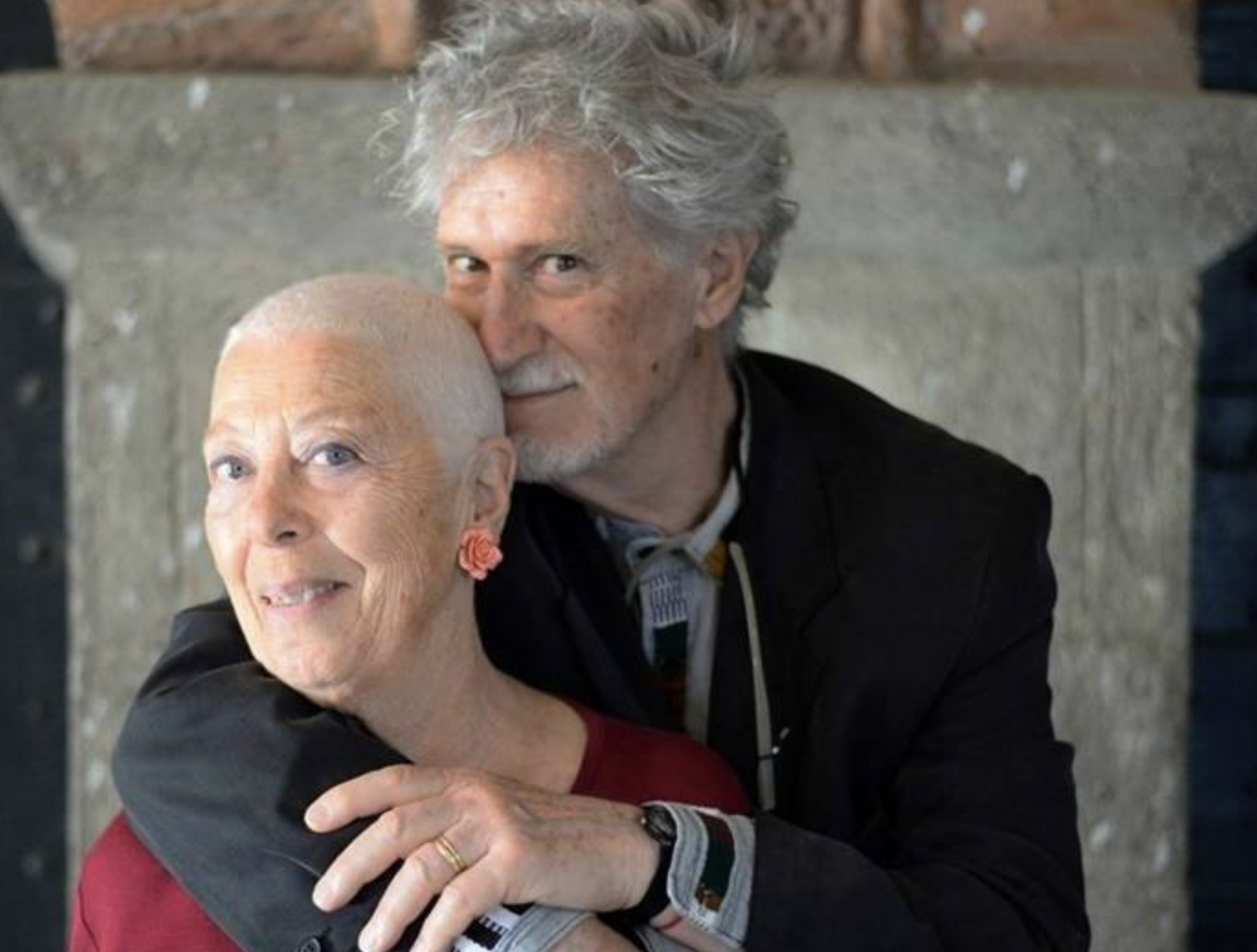CINEMA – Marina Piperno, the suitcases of a lifetime

Marina Piperno, the renowned Italian film producer and 2011 recipient of the Nastro d’Argento Special Lifetime Achievement Award, the oldest Italian film award, has once again turned to the medium she knows best to tell her story: the camera. In her latest documentary, Le valigie della storia (The Suitcases of History), created in collaboration with Luigi Monardo Faccini, her personal journey is intertwined with broader historical events. The documentary unfolds swiftly and captivatingly, much like her autobiography, Eppure qualcosa ho visto sotto il sole (Yet Something I Saw Under the Sun), published by All Around. The film ideally complements the book.
Both the book and the documentary recount Piperno’s life and her deep passion for cinema, a love she inherited from her father, Simone, a skilled amateur filmmaker. Coincidentally, Marina’s journey into the past begins with the discovery of film reels shot by her father in the 1930s, a time of relative peace for Italian Jews.
The looming catastrophe has yet to come, but the images captured in these black-and-white films are joyful and carefree. They are preserved, resisting oblivion. The story begins with the wedding of Marina’s aunt Talia Di Segni to Vittorio Coen, a surgeon from Urbino.
“Dressed impeccably in a morning coat and top hat, he seemed even happier than Talia. It was 1931,” Piperno recalls. Another wedding soon followed—that of Marina’s parents, Simone and Alessandra, on April 2, 1933. This event was also documented in evocative footage. “Two months earlier, Hitler had become chancellor of Germany, and Mussolini had been in power in Italy for eleven years,” Piperno reflects. “Yet no shadow seemed to darken the joy of those who would become my parents.”
Marina’s childhood was far from easy. Born in Rome in 1935, she was forced into hiding at age eight when anti-Jewish raids began in the city. Eighty years later, as she walks through the streets of Rome’s Ghetto area in Portico d’Ottavia, she speaks of a place that evokes “deep anxieties” and “unresolved bitterness” that neither time nor the neighborhood’s young people can dispel.
Her first act of protest came through cinema when she funded the short film October 16, 1943, based on Giacomo Debenedetti’s book of the same name, directed by Ansano Giannarelli. It was 1961, and many still preferred to forget. The short film reminded them that forgetting was not an option.
